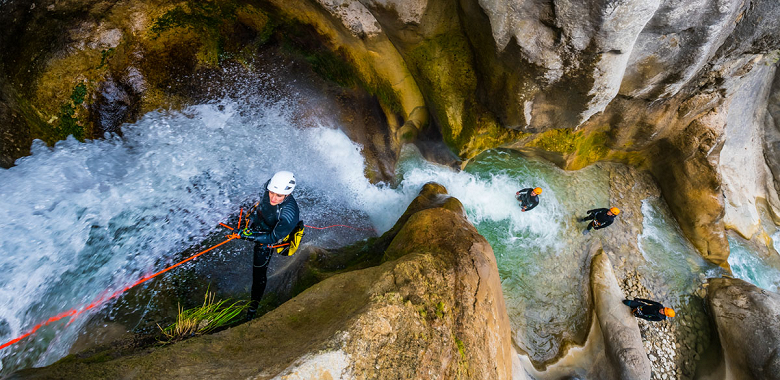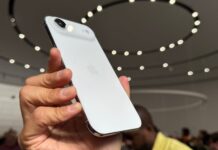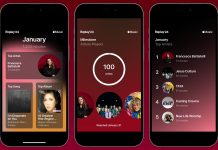More precisely, its function of satellite communications
The iPhone 14’s satellite emergency call last week saved three students who were heading into a canyon in Utah and were stuck in an area with no cellular coverage.
One of the students, Bridger Woods, said that all three had heard of “a pretty steep canyon.” They decided to test it because they had been canyoning (overcoming canyons without the help of floating aids using rock climbing, abseiling, diving and swimming) for about a year.
iPhone 14 saves canyoning enthusiasts in distress

Inside the canyon, they found a pool. The water was only up to the chest, but they could not get out of it. Two of the students had symptoms of hypothermia and were unable to pick up a cellular network signal. The third student, Steven Watts, had an iPhone 14. Once every 20 minutes, the satellite was directly above them, so they were able to send a message to 911.
The students were able to get out of the water, but they remained at the bottom of a hole about 4 m deep. Bridger Woods went into hypothermic shock. As a result, a helicopter from Salt Lake City arrived for them with doctors, the students did not receive serious injuries.




